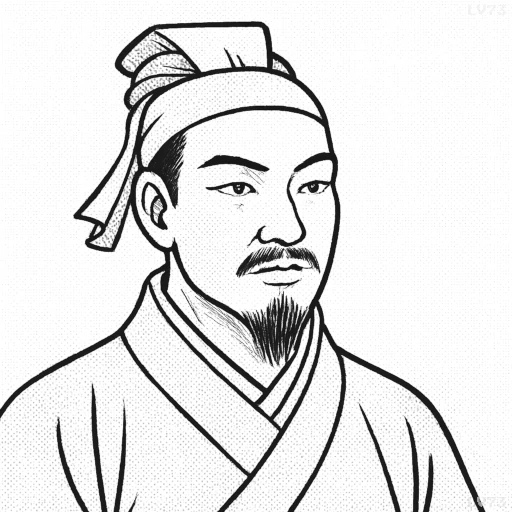“Know thy self, know thy enemy. A thousand battles, a thousand victories.”

- 544 BC-496 BC
- Born in China
- Military strategist, military strategist
table of contents
Quote
“Know thy self, know thy enemy. A thousand battles, a thousand victories.”
Explanation
This quote encapsulates one of Sun Tzu’s most important principles: the idea that self-awareness and understanding the enemy are the keys to winning any conflict. The first part, “know thy self,” stresses the importance of understanding one’s own strengths, weaknesses, resources, and limitations. This self-knowledge allows a strategist to leverage their own advantages while mitigating their flaws. The second part, “know thy enemy,” emphasizes the need to deeply understand the opponent’s capabilities, weaknesses, tactics, and psychology. Only by having a comprehensive understanding of both oneself and the enemy can a strategist ensure victory. Sun Tzu suggests that if these two principles are mastered, victory is not just possible but inevitable, with the ability to adapt and succeed in any circumstance.
In the modern world, this principle can be applied in business, sports, and personal development. For instance, a company that knows its own capabilities (such as its strengths in innovation or customer service) and understands its competitors’ strategies can position itself to outmaneuver the competition. Similarly, in sports, athletes and coaches often analyze not only their own performance but also their opponent’s tendencies to devise winning strategies. Chess players rely heavily on understanding both their own pieces and their opponent’s strategy to anticipate moves and counterattack. In leadership, a successful leader must also know their own values, goals, and limitations while understanding the motivations and abilities of the team or organization they lead to make strategic decisions that align with both individual and collective success.
Historically, this principle has been a cornerstone of military success. For example, during the Battle of Cannae, Hannibal demonstrated exceptional knowledge of both his own army and the Roman forces. By understanding the Romans’ typical battle strategies and their overconfidence, he was able to trap them in a double envelopment, leading to a decisive victory. In World War II, General Dwight D. Eisenhower‘s success in Normandy was partly due to his knowledge of both the Allied forces’ capabilities and the German forces’ vulnerabilities. The intelligence operations, including deceptive tactics such as Operation Fortitude, were designed to confuse and mislead the enemy, illustrating how crucial understanding both sides of the conflict is for achieving strategic success. Sun Tzu’s maxim remains relevant today because it underscores the importance of strategic insight, whether in war, business, or personal life—success is often determined by the depth of understanding one has of both oneself and the opposition.
Would you like to share your impressions or related stories about this quote in the comments section?
